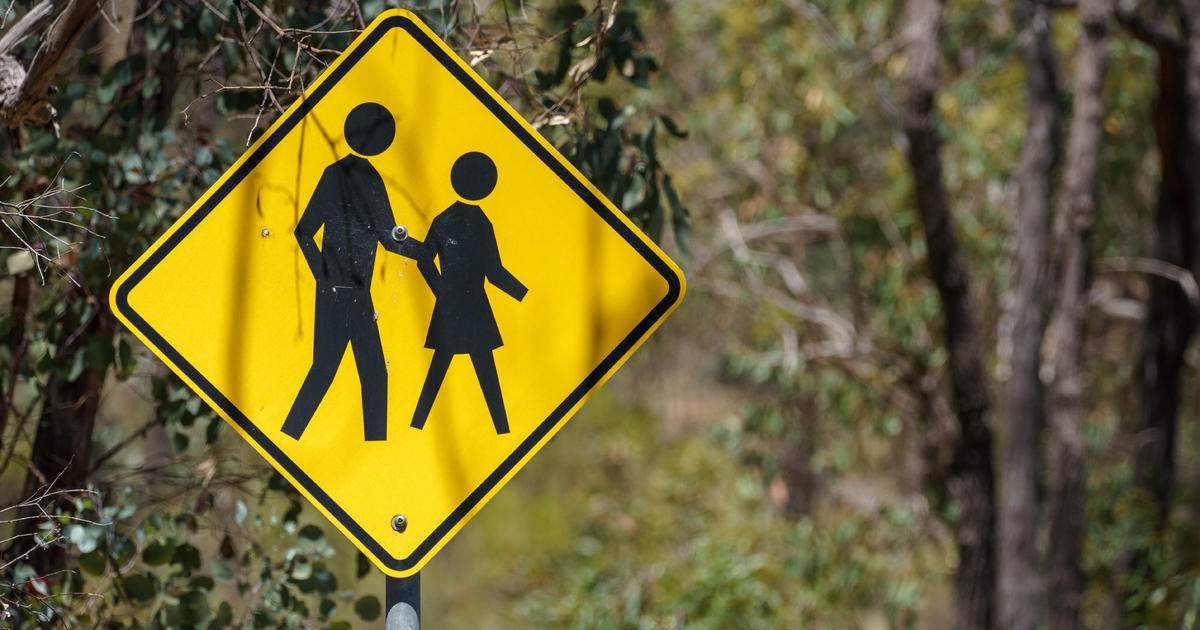How To Kick-Start Your Brain In The Morning (And No, We Don't Just Mean Coffee)
(CNN) -- The alarm goes off and you shudder awake, unsure of where you are. Groggily you recognize your room and slowly roll out of bed thinking, "It can't be morning. Didn't I just go to bed?"
Called sleep inertia, it happens when you suddenly snap out of REM sleep -- a deeper stage of sleep where you dream and your body repairs itself. During that sleep cycle your body is flooded with high levels of melatonin, the body's sleep hormone. Waking with a body packed full of a sleep aid causes disorientation and shaky sensory-motor performance that typically lasts about 30 minutes to an hour.
But if you're sleep deprived (and who isn't these days?), the grogginess can remain for two or more hours.
Sleep inertia can also happen when waking from a daytime snooze that went long, well past the 20 minute power nap that might refresh you.
The effects of sleep inertia can be disastrous. If you spill your morning coffee or stub your toe on the furniture, consider yourself lucky. After taking an in-flight nap, an Air India Express pilot overshot the landing runway and crashed a plane full of 166 people into a hillside, where it rolled and burst into flames. Only eight survived.
What to do?
Now that you're woke, so to speak, to the dangers of a sleep-slogged brain, let's see what science tells us we can do about it.
Consider cold water
Can chilly water shock you awake? A small study showed people who splashed their face after a nap did as well on a memory search task as people who did not nap. But whether it improves your performance enough to, say, drive a car or impress your boss, has yet to be studied.
If you're rolling out of bed groggy, however, it makes sense that a cooler shower might be just the jolt your body needs to clear some cobwebs.
Caffeinate, but carefully
Drinking a couple of cups of coffee or caffeinated tea is a proven way to jump-start attention. That's because caffeine increases neuron firing in the brain, which also triggers the release of adrenaline that causes your heart to beat faster.
No need to gulp down more than two cups at one sitting, as studies show more doesn't add additional mental clarity, and can make you jittery.
Bask in the light
A sunshiny day can lift your spirits and energize your mind. One study exposed subjects to bright lights after wakening and found it increased cortisol levels. Cortisol is a steroid hormone, sort of an internal alarm system. To respond to stress, cortisol increases glucose in your bloodstream, and enhances your brain's use of those sugars.
Another study exposed subjects to a bright white light when they woke up and found alertness improved dramatically.
Take a brisk walk
Take a brisk walk around your home, or better yet, go for a walk outside in the sunlight. Studies show exercise temporarily boosts alertness, in part because of the accompanying rise in body temperature and the boost of blood to the brain.
Try a combo
One study found that a mix of caffeine, bright light and face washing with cold water helped jump-start alertness after a short nap.
Turn to protein
Even if you crave it, sugar is no solution for breakfast or a wake-up snack after a nap. It will only give you a short high, and the crash that follows can be brutal, says sleep specialist and clinical psychologist Michael Breus. Instead, rely on proteins such as eggs to boost brain power.
Prevent the problem
Of course the best way to tackle sleep inertia is to prevent it in the first place.
"Probably the easiest way is to have a consistent wake up time, based on the number of sleep cycles you want," says Breus, author of "Beauty Sleep."
Most people need five sleep cycles which average 90 minutes each, Breus says, which comes to about 7 ½ hours each night. To figure out the time to go to bed, Breus suggests counting back from your wake up time by 7 ½ hours.
"So if you wake at 6:30 a.m., go to bed at 11 p.m.," Breus says. "Do this for one week. If you start to wake just before the alarm, then you're in great shape. If not, adjust your bedtime backwards until you do. Bye bye, sleep inertia."
The-CNN-Wire
™ & © 2019 Cable News Network, Inc., a Time Warner Company. All rights reserved.



